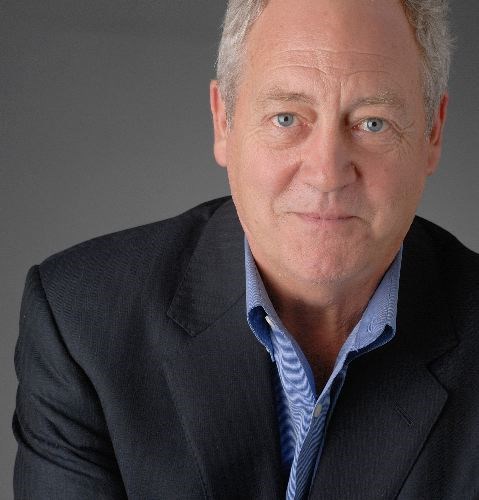Greenpeace co-founder Patrick Moore downplayed environmental concerns surrounding Enbridge's proposed Northern Gateway pipeline while in Prince George on Monday.
"It's just a pipeline," Moore said in an interview. "It's going to be buried the whole way, from the oilsands to Kitimat, you won't even be able to see it."
Even buried, the pipeline does pose a risk, he said, but added there are 100,000 kilometres of pipeline in North America and maintained they're the safest way to
transport liquids such as oil.
"There's never a risk-free situation in anything we do but that is one of the most risk-free situations there is, and in the event that there is a spill of oil, it is limited by the fact that they close it off right away so it's only a section of the pipeline that will spill," Moore said.
By law, pipeline operators are required to clean up and restore affected areas, he added.
The alternative, said Moore, would be to use trains to transport the oil but argued the method is not as economical and not as safe.
Currently going through a federal joint panel review, the $5.5-billion project consists of a 36-inch pipeline, which would transport diluted bitumen 1,177 kilometres from the Alberta oilsands to Kitimat for transfer onto container ships for shipment to Asia at a rate of 525,000 barrels per day.
A second smaller 20-inch pipeline would send condensate the other way at a rate of 193,000 barrels per day to dilute the bitumen. A terminal with two berths and the capacity to hold five million barrels would be constructed in Kitimat. On the idea of allowing supertankers into the Douglas Channel and through to Kitimat, Moore claimed it is "one of the easiest passages to navigate that we have on the coast."
"It's a straight shot out into the sea and it's deep and it's wide and with the rules these days for supertankers, they will all have pilot boats with them with pilots on board," Moore said.
He dismissed the 1989 Exxon Valdez spill, considered one of the worst human-caused environmental disasters, as the product of a drunk skipper running a
single-hull tanker up onto a reef.
"There was a spate of pretty bad oil spills back in the '70s and late '80s, but ever since they went double-hulled and tightened up the procedures, [the risk is lower] and now they've got GPS navigation and they're going to go real slow through the channel," Moore said.
Moore agreed that the oil sands is a form of strip mining but the sections that have been dug up are reclaimed
"When you dig up the ground, it doesn't look so good, it looks like you ruined it, but that isn't the end of the story," Moore said as he alluded to a television commercial in which he shows areas where trees have since been planted.
"They're really good at recontouring and revegetating," Moore said. "It's gardening, it's not rocket science, except it did take some time, and there are professionals involved in knowing which plants to plant and how to get good seedling stock for the spruce and the aspen and the alder."
Moore is no longer associated with Greenpeace, perhaps the world's largest environmentalist organization and now works as a consultant providing advice to industry on environmental issues.
Dogwood Initiative spokesman Eric Swanson disagreed with Moore's position and contended the project is simply not worth the risk.
"Companies can make all the promises in the world, they can claim the best technology, they can claim safety but what we've seen time and time again is humans make mistakes and machines break and when that happens and an oil spill occurs, entire communities can be devastated," said Swanson, who coordinates "no tankers" campaign for the Victoria-based group.
"So the question for British Columbians is whether it's a good idea to allow any level of risk whatsoever and there is no need to accept this project. The impetus behind it is to raise the price of a barrel of oil, it's primary impetus is not to solve underemployment in northern British Columbia."
Because there is a glut of oil going to refineries in the U.S., Swanson said producers get less per a barrel of oil than they would on the Asian market to the tune of $2 to $3 per barrel.
"That's why they've been talking about Enbridge for so many years," Swanson said.
Enbridge's Line 6B, the one that spilled oil into the Kalamazoo River in Michigan, was underground, Swanson noted, and asserted that the type of ecosystem that follows reclamation is a "poor cousin" to what was there before.
"Gone are the rich wetlands, replaced with dry tree-planted hills," Swanson said.
And he said the Valdez spill continues to have an impact, saying it caused a collapse in the herring fishery, hurting area communities.



